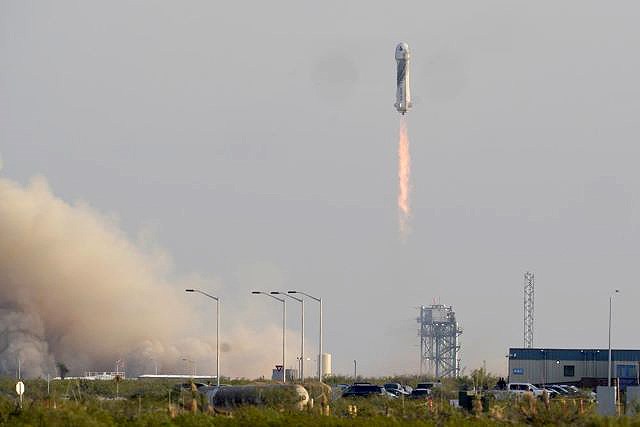There is a principle of life which many seem to have forgotten. Broadcaster and writer Earl Nightingale called it “the law of mutual exchange.” He explains further, “We’ve got to be of service before we can expect money.”
Many powerful people over the last several centuries have acted as though this principle did not apply to them. Instead of providing good service to others, they have become rich by exploiting people. As the revolts and revolutions of the last several hundred years demonstrate, this always ends badly.
After the destruction of the Second World War, Europe and North America seemed to be taking steps to re-establish balance. We saw less poverty, increased wages, improved health care, higher levels of education, and a healthy, growing middle class. We did not eliminate all social problems, but the children of those who survived the Great Depression and the war were able to buy homes and provide for their children.
Then came the rise of neo-liberalism and the myth that big business needed more freedom to prosper. We cut back on government regulations and allowed for the legalized corruption of our elected officials through large campaign contributions. We allowed corporations to manipulate our legal system through high-priced legal firms. We created a system of corporate socialism, where public funds went to support industry, all the while reducing taxes on the wealthy.
According to the Economic Policy Institute, in the United States between 1978 and 2018, CEO compensation grew by 940 per cent, while the wages of a typical worker grew by only 12 per cent.
Clearly, the neo-liberal spin doctors were trying to justify a system that violated the law of mutual exchange and was therefore unsustainable.
Policy makers forgot many of the lessons learned from the stock market crash of 1929, resulting in the 2008 Financial Crisis. Instead of holding those who were responsible accountable, we were told that these corporations were “too big to fail” and then required the average worker to pay the bill.
The law of mutual exchange also implies that people who are providing service have to be paid a just wage. Labour unions once provided protection for workers against unscrupulous employers. When working conditions were dangerous and owners did not provide employees and their families with a living wage, workers stood together and demanded better. Despite cruel and violent actions by employers, unionized workers won in the end. They had to.
Changes to our laws in recent decades, however, have resulted in a significant drop in union membership and a situation where many ordinary people have to work several jobs just to make ends meet. This too is unsustainable.
Today, employers are complaining that they cannot find people to work for them. Many industries are facing a job vacancy problem. While we do not yet know all of the reasons for this phenomenon, it appears that the labour market is trying to recover from years of artificially low wages. Robert Reich, who served as Labour Secretary under U.S. President Bill Clinton, refers to what is happening as “an unofficial general strike.” Despite not being unionized, people are demanding higher wages and better working conditions, and they will get them.
Perhaps Jeff Bezos emerging from his custom rocket ship saying, “I want to thank every Amazon employee and every Amazon customer because you paid for all of this,” was the proverbial straw that broke the camel’s back.
In the past, great people have shown great leadership in difficult times. Franklin Roosevelt was no socialist, but he understood that hard working Americans deserved a decent life in exchange for their labour. His New Deal was one of the most progressive policies ever passed in his country and likely saved the United States from disaster.
You can’t get something for nothing. The law of mutual exchange applies to everyone.
Gerry Chidiac is a Prince George teacher.




